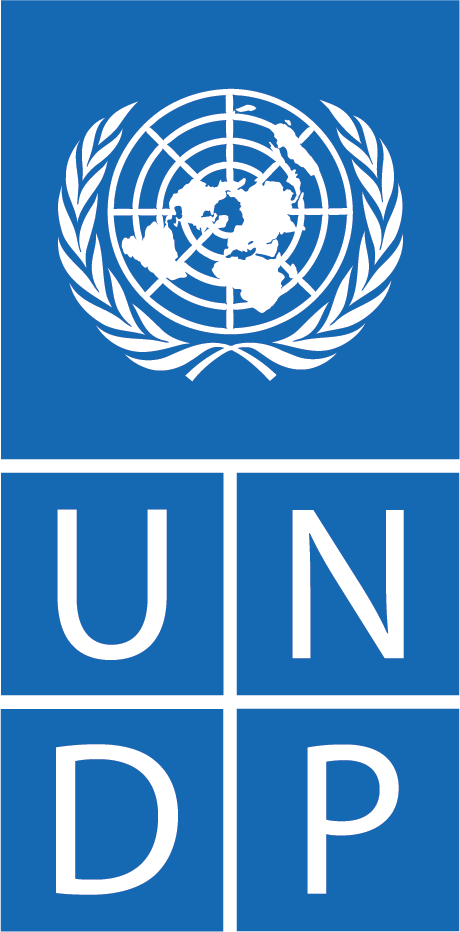Ensure access to affordable, reliable, sustainable and modern energy for all
Between 1990 and 2010, the number of people with access to electricity has increased by 1.7 billion, and as the global population continues to rise so will the demand for cheap energy. A global economy reliant on fossil fuels and the increase of greenhouse gas emissions is creating drastic changes to our climate system. This is having a visible impact on every continent.
However, there has been a new drive to encourage alternative energy sources, and in 2011 renewable energy accounted for more than 20 percent of global power generated. Still one in five people lack access to electricity, and as the demand continues to rise there needs to be a substantial increase in the production of renewable energy across the world.
Ensuring universal access to affordable electricity by 2030 means investing in clean energy sources such as solar, wind and thermal. Adopting cost-effective standards for a wider range of technologies could also reduce the global electricity consumption by buildings and industry by 14 percent. This means avoiding roughly 1,300 mid-size power plants. Expanding infrastructure and upgrading technology to provide clean energy sources in all developing countries is a crucial goal that can both encourage growth and help the environment.
Sustainable energy is one of 17 Global Goals that make up the 2030 Agenda for Sustainable Development. An integrated approach is crucial for progress across the multiple goals.


